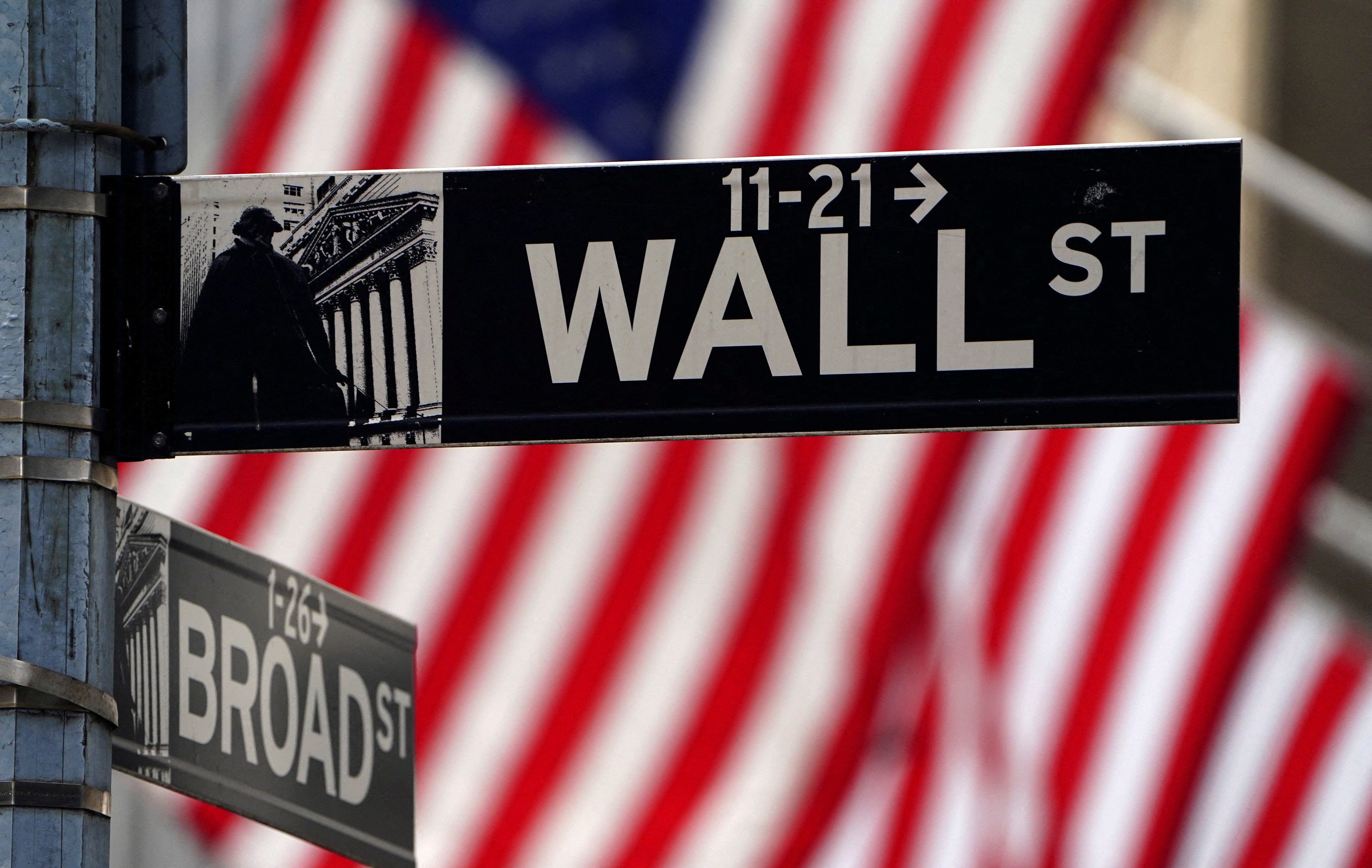Search results
News about CrowdStrike, IT outage, Microsoft
News about Delta, airports, American Airlines
Also in the news
- DictionaryIn·dus·try/ˈindəstrē/
noun
- 1. economic activity concerned with the processing of raw materials and manufacture of goods in factories: "the competitiveness of American industry"
- 2. hard work: "the kitchen became a hive of industry"
The meaning of INDUSTRY is manufacturing activity as a whole. How to use industry in a sentence. Synonym Discussion of Industry.
something that is produced or is available in large quantities and makes a lot of money: the heritage industry. More examples. Fewer examples. The government was determined to reduce the number of state-owned industries. The layoffs are spread across the clothing, banking and building industries.
Industry definition: the aggregate of manufacturing or technically productive enterprises in a particular field, often named after its principal product. See examples of INDUSTRY used in a sentence.
Jun 5, 2024 · An industry is a classification for a group of companies that are related by their primary business activities. Investors study industries to select stocks.
industry, group of productive enterprises or organizations that produce or supply goods, services, or sources of income. In economics, industries are generally classified as primary, secondary, tertiary, and quaternary; secondary industries are further classified as heavy and light.
industry. noun. /ˈɪndəstri/. /ˈɪndəstri/. (plural industries) [uncountable] the production of goods from raw materials, especially in factories. the needs of British industry. the Department of Trade and Industry. in industry She got a job in industry.
INDUSTRY meaning: 1 : the process of making products by using machinery and factories; 2 : a group of businesses that provide a particular product or service.
Jun 17, 2024 · Industry refers to a specific group of similar types of companies, while sector describes a large segment of the economy. In the stock market, the generally accepted terminology cites a sector as...
Define industry: the process of making products by using machinery and factories—usage, synonyms, more.
The industry has been facing a confluence of pressure on earnings: high interest rates, low stock prices, credit uncertainty, a slow M&A market, geopolitical conflicts disrupting world markets, unprecedented regulatory scrutiny, and impending regulatory uncertainty following the U.S. presidential election.









